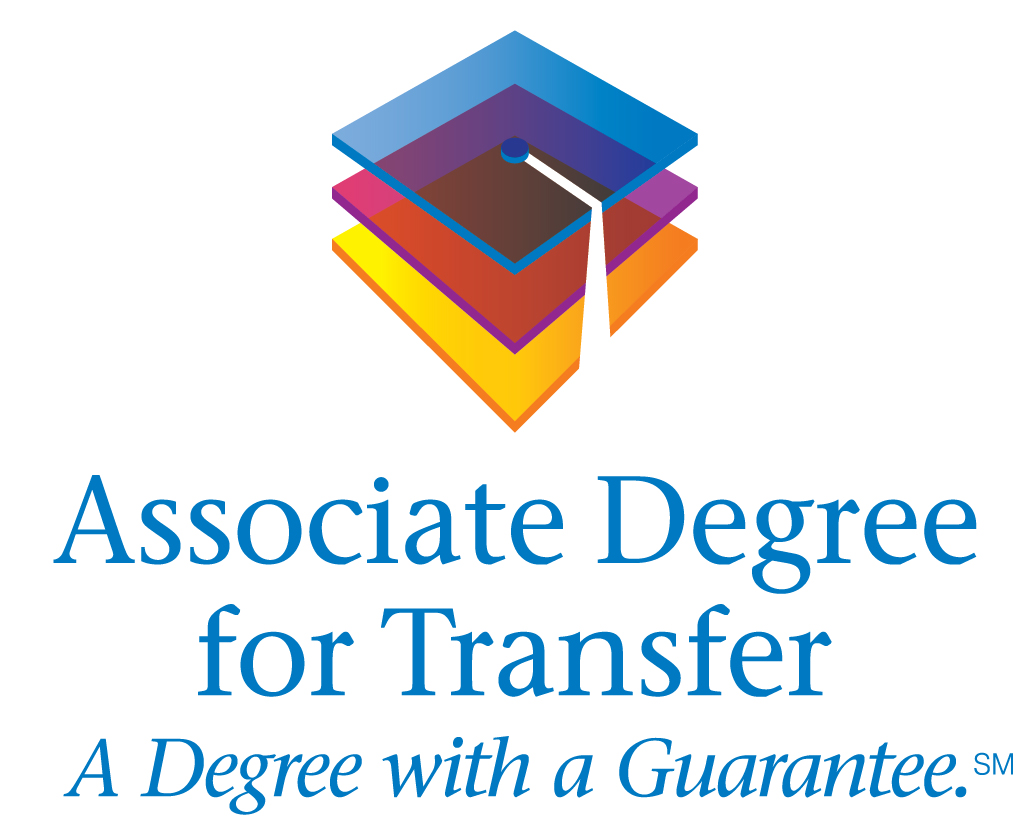Business Administration, B.S. Program (120 units)
Program Description
The College of Business and Economics, which offers the Bachelor of Science in Business Administration (B.S.B.A.) program, is committed to providing life-changing, quality business education to prepare students from diverse backgrounds to become successful business professionals and leaders. The B.S.B.A. program imparts students with the knowledge and skills necessary to understand the changing global business environment and to prepare students for success in their professional careers.
The B.S.B.A. major program is structured around a set of core courses enabling students to develop general business perspective and skills. Students are required to choose an area of specialization, i.e., concentration, corresponding to their desired career path. In addition, the program allows students flexibility to customize their specialization by choosing business elective courses. These electives may be chosen to further strengthen their preparation in their chosen concentration.
The undergraduate and the graduate programs in the College of Business and Economics are accredited by the Association to Advance Collegiate Schools of Business International (AACSB). Online Accounting, Finance, General Management, Human Resources Management & Organizational Behavior, Information Technology Management, and Operation & Supply Chain Management concentrations will apply through Continuing Education: https://www.ce.csueastbay.edu/
Program Learning Outcomes
Students graduating with a Bachelor of Science in Business Administration will be able to:
- Recognize and integrate foundation knowledge across functional areas.
- Apply critical thinking skills to solve business problems.
- Understand and apply quantitative methods and tools in evaluating business problems and making effective business decisions.
- Apply technology to analyze data and provide solutions to business problems.
- Apply effective oral communication skills in a diverse and global environment.
- Apply effective written communication skills in a diverse and global environment.
- Apply effective team skills to work in a diverse and global environment.
- Identify and assess ethical issues and properly articulate ethical decisions.
Program Roadmaps
These program roadmaps represent recommended pathways through the program. Please see an advisor to create an education plan that is customized to meet your needs.
| 
4-Year Freshmen Roadmaps | - Accounting Concentration, Business Administration, B.S. (2020-21)
- Business Economics Concentration, Business Administration, B.S. (2020-21)
- Entrepreneurship Concentration, Business Administration, B.S. (2020-21)
- Finance Concentration, Business Administration, B.S. (2020-21)
- General Management Concentration, Business Administration, B.S. (2020-21)
- Human Resource Management & Organizational Behavior Concentration, Business Administration, B.S. (2020-21)
- Information Technology Management Concentration, Business Administration, B.S. (2020-21)
- Marketing Management Concentration, Business Administration, B.S. (2020-21)
- Operations and Supply Chain Management Concentration, Business Administration, B.S. (2020-21)
|
| | |
| 
2-Year ADT Roadmaps | - Accounting Concentration, Business Administration, B.S. ADT (2020-21)
- Business Economics Concentration, Business Administration, B.S. ADT (2020-21)
- Entrepreneurship Concentration, Business Administration, B.S. ADT (2020-21)
- Finance Concentration, Business Administration, B.S. ADT (2020-21)
- General Management Concentration, Business Administration, B.S. ADT (2020-21)
- Human Resource Management & Organizational Behavior Concentration, Business Administration, B.S. ADT (2020-21)
- Information Technology Management Concentration, Business Administration, B.S. ADT (2020-21)
- Marketing Management Concentration, Business Administration, B.S. ADT (2020-21)
- Operations and Supply Chain Management Concentration, Business Administration, B.S. ADT (2020-21)
|
Expiration of Courses
Upper division major/concentration requirement courses will expire ten years after completion of the term in which they are earned. However, if a student has been continuously enrolled at Cal State East Bay since the courses were taken, they will not expire. If a student receives transfer credit for a course before it is ten year old and maintains enrollment, the course will not expire. Expired courses cannot be used to fulfill degree requirements and must be replaced by current credits. Requests for waivers of the ten-year limit for extenuating circumstances, other than mere failure to register, are made to the department chair in which the course resides and the director of undergraduate programs.
Transfer of Courses
Upper division courses will only be considered for equivalency or transfer credit if they are from AACSB accredited institutions. Exceptions will be made for programs that have current and signed agreements with the College of Business and Economics.
Exceeding Maximum Units
To enroll in additional units exceeding the maximum number, approval must be obtained by contacting the student’s major department advisor and College Dean. If approved, the student’s major department will notify the Office of the Registrar and the student will then be permitted to add the additional units during the open enrollment or Add/Drop periods.
The College of Business & Economics gives consideration to exceed maximum units to Business Administration majors who are in good academic standing and have a cumulative, Cal State East Bay, and major GPA of 2.70 or higher.
- For Business Administration or Economics students in the on-campus programs, students must submit their online request forms by the deadlines for each term. The form and deadlines are published on the CBE Office of Undergraduate Advising website.
- For Online BSBA students, they may obtain the deadlines and form by emailing: cbe_bsba_online@csueastbay.edu.
Degree Requirements
The B.S. degree requires a total of 120 units. In addition to General Education courses and other graduation requirements, the Business Administration major requires three sets of courses: (I) lower division core courses, (II) upper division core courses, and (III) courses to fulfill concentration requirements.
Degree Requirements Unit-Outline
- A baccalaureate of science degree requires a total of 120 units:
- The major requirements consists of 75 units;
- General Education (GE) & Graduation Requirements (GR) consists of 57 units;
- Free Electives may consist of 0 units (actual number of free elective units may depend on GE/GR units).
Note: It may be possible to double-count units within the graduation requirements or that a course may satisfy both a graduation requirement and a major requirement. Students should contact their program and AACE advisors for information.
Academic Advising
Academic advising is an integral part of your undergraduate education. The Academic Advisors are here to assist you in achieving your academic goals through a concept of shared responsibility. The advisors will share their knowledge, provide support and collaborate with you throughout your academic journey.
- For students in the on-campus programs:
CBE Office of Undergraduate Advising
Valley Business & Technology Center, Room 129
cbeadvising@csueastbay.edu
www.csueastbay.edu/cbeadvising
(510) 885-3323
- For students in the online degree completion program:
CBE BSBA Online Office
Valley Business & Technology Center, Room 365
cbe_bsba_online@csueastbay.edu
www.csueastbay.edu/onlinebusiness
(510) 885-3376
Business Administration Major Requirements (75 units)
Note the following:
- All lower division core, upper division core, and concentration courses are 3 semester units each, and must be taken for a letter grade. Credit/No Credit is not accepted.
- All courses for the major (including lower division, upper division, concentration, and capstone courses) must be completed with a letter grade of “C-” or better.
Lower Division Core Courses
The following 21 units of lower-division coursework are required:
Upper Division Core Courses
The following 27 units of upper-division coursework is required. Note: While the upper-division coursework will not change, please be alert to some of the following BUS course modifications that will occur for spring registration. See each course description for specific changes.
Concentration Requirements
Students must select one (1) concentrations for 27 units: (Students who do not select a concentration will automatically be placed in the General Management concentration).
Business Economics Concentration
The coursework in the Business Economics concentration focuses on the economic aspects of business decision-making. The coursework emphasizes forecasting product demand, setting product prices, estimating production costs, calculating firm profitability, evaluating investment alternatives, and assessing the effects of government regulations and industry competition on firm performance and strategy. Students selecting this concentration will be prepared for careers in banking, finance, economic forecasting, and business economics. The concentration also provides an excellent background for graduate training in economics and business.
Note: Students in this concentration are encouraged to take ECON 385 instead of BUS 385 as part of their required shared-core coursework.

